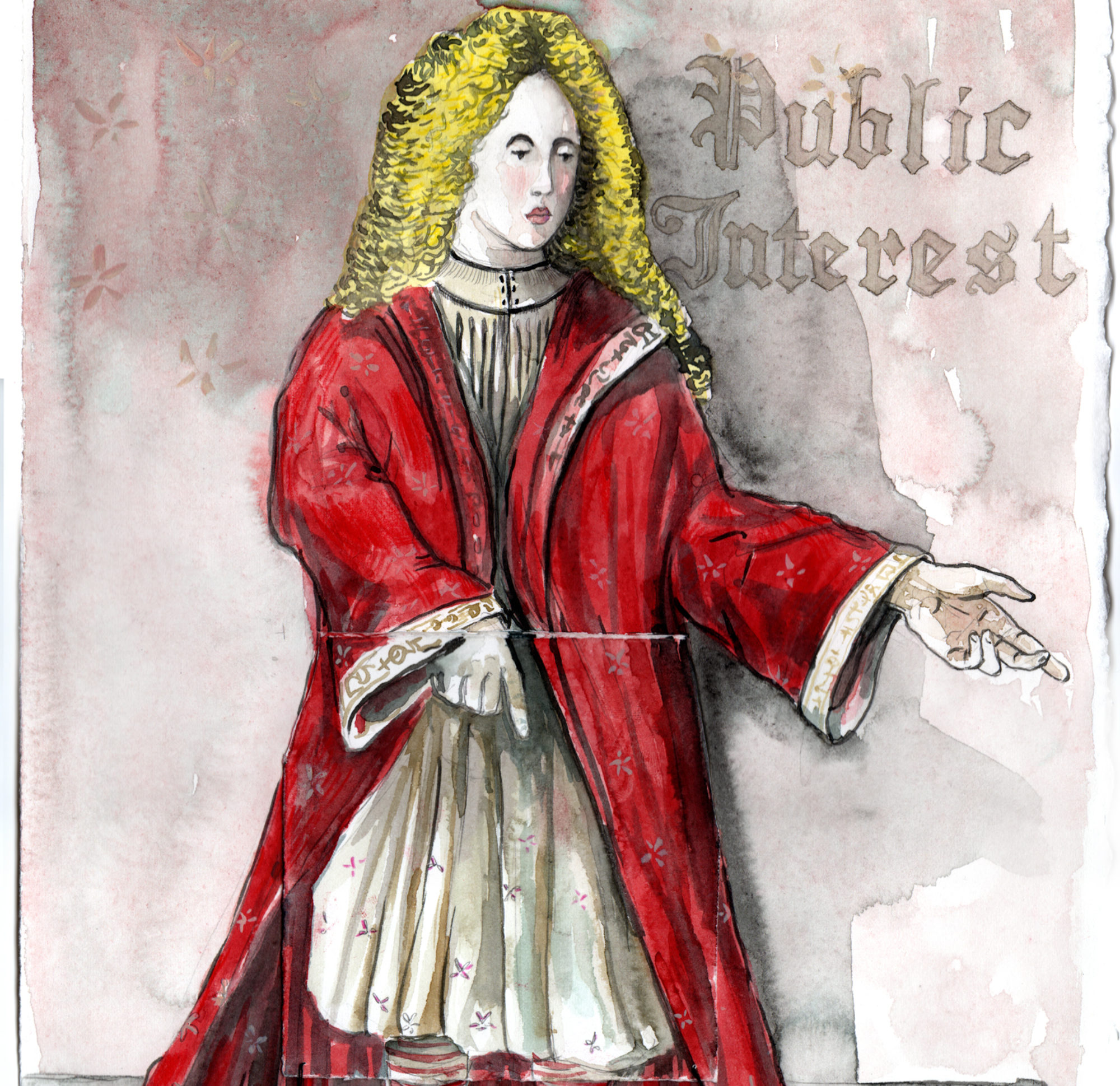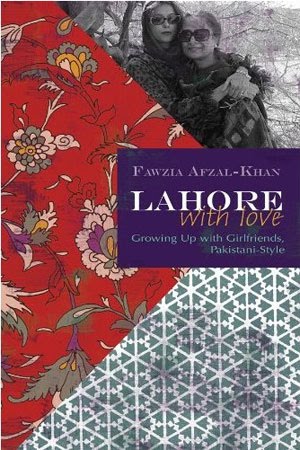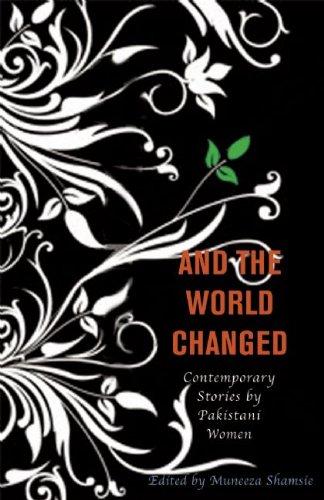Lahore With Love: Growing Up with Girlfriends Pakistani Style
by Fawzia Afzal-Khal
Syracuse Unviversity Press, 2010
Although this is quite a bold statement to make, I will go ahead and make it: Fawzia Afzal-Khan is one of the most overlooked creative non-fiction writers of our time. She has a linguistic gift that gives her prose a weighty depth that appears effortless yet is painstaking in its profundity. Lahore With Love: Growing Up With Girlfriends Pakistani Style is the story of Afzal-Khan’s life through the lens of her female friendships. It is also an emotional narrative of the growth of a fraught nation, and the intimate impact it has had on relationships teeming with both love and tragedy.
I was introduced to Afzal-Khan’s work in early 2003 when she sent me an essay that is now a chapter in this book entitled “Hajira.” At the time, I was the founding editor of a small, social justice magazine that was seeking creative submissions for its premiere issue. We were seeking groundbreaking work, and Afzal-Khan’s fit the bill. Her beautifully crafted story of a woman who chose to forgo her own success in order to support the career of her stifling husband blew me away in the same way Hajira’s self-inflicted bullet snuffed out a brief yet impactful existence. With stinging eyes, I accepted the submission immediately and kept a lookout for more of her meaningful work.
Until now, Afzal-Khan’s writing has only been found in small doses — a response to Salman Rushdie’s erasure of Muslim feminist voices here, a meditation on the Swat valley there—with the exception of her scholarly work, which appears in numerous academic journals. (Afzal-Khan is a university professor at Montclair State University in New Jersey.) She even gave a glimpse of what was to come in her contribution, “Bloody Monday,” to 2008’s And Then the World Changed. But the scattershot pieces were not enough to satiate my appetite for the loveliness of her words or the personal way in which she writes of the people (and country) she holds dear. That said, Lahore With Love has made up for lost time with inspired provision in excess.
Slip into a comfortable chair along with this memoir, and request to remain undisturbed. The 145 pages will glide by all too quickly and beg to be returned to again and again.



